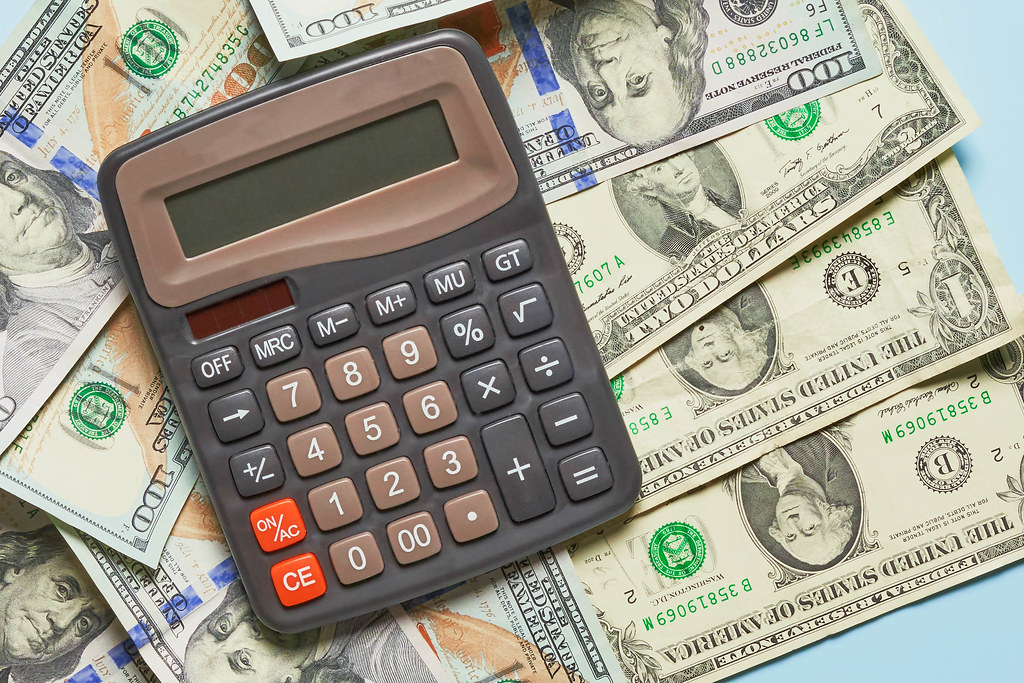In a year fraught with economic uncertainty, the nation is bracing for a financial jolt of historic proportions. Recent projections have sent shockwaves through the political landscape, as the federal deficit is poised to double this year, a remarkable feat rarely seen in times of relative economic stability.
The U.S. deficit is projected to roughly double this year, largely due to higher interest rates and lower tax revenue. https://t.co/X5Yyr51qyR
— The Hill (@thehill) September 5, 2023
President Joe Biden, in his first year, celebrated the reduction of the post-COVID pandemic deficit from nearly $3 trillion to $1 trillion in his second year, a move he inaccurately hailed as deficit-cutting. However, the stark reality is that it was merely a slowdown. Now, as we approach the end of the federal fiscal year, which wraps up this month, the deficit has already ballooned to a staggering $2.2 trillion. The Committee for a Responsible Federal Budget, cited by The Washington Post, projects this doubling of the deficit from last year’s levels.
Senior Committee Vice President Marc Goldwein commented on the ominous development, stating, “The deficit will basically double from 2022 to 2023. This should prompt a serious evaluation of federal policy going forward, though I worry it won’t.”
The timing of this revelation couldn’t be more critical. As Congress gears up to hash out the 2024 budget appropriations, House and Senate Democrats find themselves in a precarious position, aiming to increase spending for progressive initiatives amidst this fiscal quagmire.
Furthermore, the deficit surge deals a significant blow to President Biden’s reelection narratives on the budget, putting his administration on the defensive.
Doubling the federal deficit from one year to the next is an anomaly typically reserved for major crises such as the 2020 COVID-19 pandemic, the onset of the Obama-era Great Recession, or World War II, according to insights from former President Barack Obama’s economist, Jason Furman. Furman, though, expressed bewilderment that his political opponents’ warnings about Biden’s spending were proving prescient.
“To see this in an economy with low unemployment is truly stunning — there’s never been anything like it: a good and strong economy, with no new emergency spending, and yet a deficit like this,” Furman mused. “The fact that it is so big in one year makes you think it must be some weird freakish thing going on.”
On the other side of the aisle, conservative fiscal hawks see this as a straightforward matter of basic math. While former President Donald Trump and fiscal conservatives had long cautioned that Biden and Democrats’ spending would lead to economic turbulence, soaring inflation, and a substantial increase in the federal deficit, the numbers are now lending credence to their predictions.
As the nation grapples with the impending consequences of this budgetary imbalance, policymakers face a daunting challenge: how to navigate these uncharted fiscal waters and steer the ship of state toward smoother financial seas.

